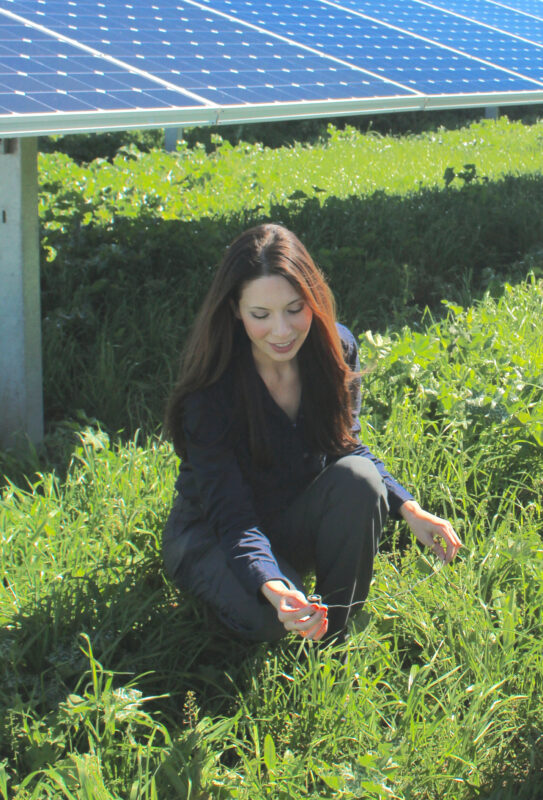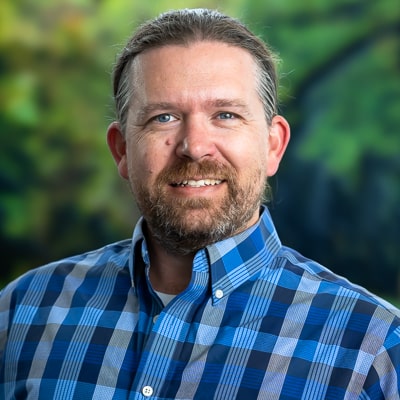REWI welcomes three new Science Advisors, all experts in solar energy and wildlife with broad research interests within wildlife biology, natural resources management, and environmental and ecological processes including ecosystem services and function. REWI’s work is strengthened by technical review of our results by independent scientists and technical experts. Science Advisors provide technical input on specific projects and products to ensure rigorous review and scientific accuracy. Dr. Josh Ennen, REWI’s Senior Scientist for its solar program, stated, “Given the complexity of natural resource and wildlife challenges and opportunities in the solar energy space, it is important to have the breadth of technical expertise within our Science Advisors, and these individuals accomplish this goal.”
REWI’s new Science Advisors will contribute invaluable review and input as we grow our solar program, launched in 2022, and release the National Solar Wildlife Research Plan later this year. Please give them a warm welcome.

Dr. Rebecca R. Hernandez is an Associate Professor of Ecology and Earth System Science in the Department of Land, Air and Water Resources and Director of the Wild Energy Center at the University of California – Davis. Dr. Hernandez received her Ph.D. from Stanford University and completed her postdoctoral training at UC Berkeley. For over ten years, she has led research on ecological aspects of energy systems, identifying their impacts and development options to support a sustainable, just transition from fossil fuels to a low carbon future. She is particularly interested in the land, air, water, biodiversity, and social impacts of energy development and how such impacts interface with global sustainability. She has published over 45 peer-review journal articles, including lead authorship in Nature Sustainability, Nature Climate Change, Proceedings of the National Academy of Sciences, and Renewable & Sustainable Energy Reviews. Her research has been featured in National Geographic, NPR, The Washington Post, Scientific American, and Popular Science and over 115 other news outlets.

Jordan Macknick is a Distinguished Member of the Research Staff and the Lead Energy-Water-Land Analyst for the National Renewable Energy Laboratory (NREL). His primary work addresses the environmental impacts of energy technologies, while seeking opportunities for energy, economic, and ecological synergies. Since 2015, he has served as the Principal Investigator of the InSPIRE (Innovative Solar Practices Integrated with Rural Economies and Ecosystems) project, the United States’ largest and most comprehensive agrivoltaics research project, with more than 25 agrivoltaic field sites located across the country. He also serves as the Topic Area Lead for Data, Modeling, and Analysis for the National Alliance for Water Innovation (NAWI), a U.S. Department of Energy initiative addressing innovative water treatment technologies for distributed applications and communities.

Lee Walston is an ecologist at Argonne National Laboratory where he is head of the Ecology, Natural Resources, and Managed Systems Department within the Environmental Science Division. He has over a decade of experience in efforts to better understand and minimize the ecological impacts of solar energy. For the past 5 years he has supported DOE-funded projects to evaluate the ecological and ecosystem service opportunities of solar energy dual land use practices. He has also served on several renewable energy advisory boards and working groups such as the Renewable Energy Working Group for The Wildlife Society.